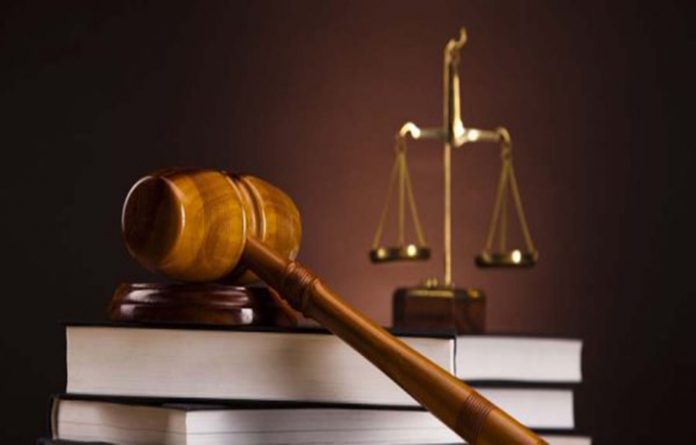The ECOWAS Court has scheduled June 30, 2021 to deliver judgment in a case filed by five Nigerians alleging that the ‘excessive fees’ imposed by Nigeria’s political parties for aspirants to public offices amounted to the violation of their human rights.
Justice Edward Amoako Asante, who presided over the hearing on March 23, 2021 adjourned the matter for judgment after hearing both parties.
The report by the ECOWAS Commission on Wednesday said that at Tuesday’s hearing, Mr. Festus Ogwuche, counsel to the Applicants averred that registered political parties of the Respondent state imposed outrageous fees for declaration/expression of interest and nomination forms thereby discriminating against medium and low income aspirants to public offices in the Respondent state.
Relying on Article 13 of the African Charter on Human and Peoples’ Rights that guarantees “every citizen shall have the right of equal access to the public service of the country”, and Article 21 of the Universal Declaration of Human Rights, as well as Article 25 of the International Covenant on Civil and Political Rights both also relating to equal access to public office, counsel to the five Applicants argued that nomination form fees were arbitrarily and outrageous fixed to exclude aspirants of low socio-economic status.
The five Applicants – Kenneth Roberts, Goodluck Edafe, Matthew Oguche, Macauley William-Jumbo and Josephine Okeke – who are Nigerians residing in different cities in Nigeria initiated the application in suit no ECW/CCJ/APP/49/18 through their counsel Festus Ogwuche, alleging that the imposition has resulted in a gradual and systematic entrenchment of plutocracy, a government only by the rich in Nigeria.
The Counsel argued that though the Nigerian state operates a democratic system of government that allows qualified individuals to aspire to public offices through elections carried out under platforms of political parties whose candidates emerge from primaries conducted by the political parties, the high cost of declaration of interest and nomination forms marginalised the middle class and poor citizens from governance.
Mr. Ogwuche urged the Court to hold the Respondent state liable for the violation of the Applicants’ right due to the ineffectiveness of the Respondent’s electoral body to regulate the excesses of the political parties.
The Applicants are seeking orders of the Court among others for a declaration that the large sum of money imposed by the political parties violates their rights as guaranteed in cited legal texts, compel the Respondent state to mandate its electoral body to ensure political parties desist from imposing any fees on aspirants as pre-requisite to seek elective positions and abolition of discriminatory criteria for participation.
They also sought an order mandating the Respondent to pay 5 million Naira as exemplary damages for the infringement of their rights and those of other citizens and for breaching its international obligations as well as the cost of litigation.
However, the Respondent raised a preliminary objection urging the Court to dismiss the suit on the grounds that the Court lacked the competence to hear the matter as it pertained to internal affairs of the Member State and that there was no reasonable cause of action in the suit.
In its statement of defence, Mr. D.O. Olabimtan counsel to the Respondent state argued that no political party recorded less than five people who obtained the expression of interest and nomination forms and therefore the fees could neither be considered high nor the people marginalised.
Mr. Olabimtan argued that the Applicants’ allusion to the president’s statement that groups and organisations purchased his forms, were the president’s personal view and not representative of majority of Nigerians.
Consequently, he urged the court to dismiss the Applicants’ claims describing it as frivolous, speculative, baseless and an abuse of court process.
Justices Gberi-Be Ouattara and Januaria Costa were also in the panel.
GIK/APA


